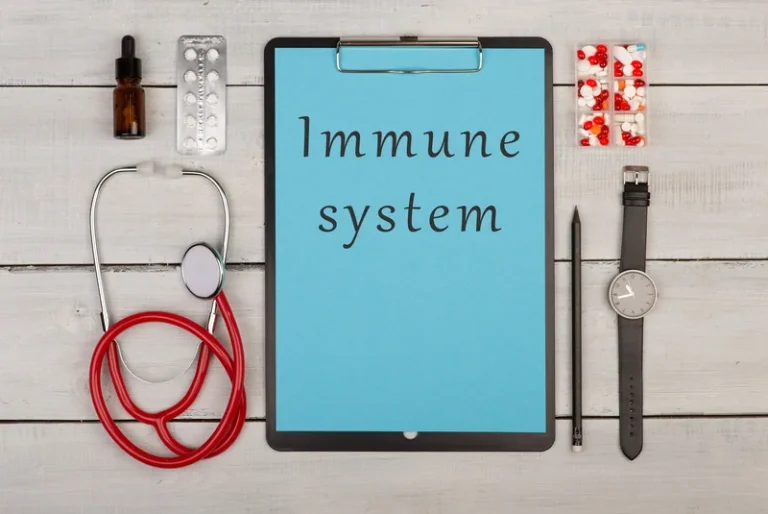
If you’re finding it hard to pay attention at work, stay focused when talking with someone, or remember something from seconds ago, you’re probably not getting enough sleep. Certain foods and vitamin deficiencies play a role in brain function and can be one of the causes of your brain fog symptoms. Some brain fog causing foods are obvious, such as alcohol and caffeine.
Chronic Fatigue Syndrome

The good news is that by quitting alcohol, even those who have spent years throwing off the balance of their brains can begin to heal and restore the brain’s natural function. Depression often causes a loss of interest in your favorite activities and persistent sadness. You may find your thinking and speaking slow, or you need help focusing, making decisions, and remembering things. Kidney failure happens if something damages your kidneys, causing excess fluids and waste in your body. You will require dialysis or a kidney transplant if you have kidney failure to help your kidneys function normally.
The Risks of Alcohol Poisoning

Avoid looking at your phone before going to sleep, and make sure your bedroom is cool, dark, and quiet. Treatment depends on your symptoms but may include artificial tears to treat dry eyes. Research has found that aerobic exercises may manage fatigue in some people with alcohol brain fog Sjögren’s syndrome. Research has found that cognitive challenges are sometimes the first signs of Sjögren’s syndrome and may result from fatigue. Still, more research is needed to understand the relationship between Sjögren’s syndrome and cognitive difficulties.
Alcohol Withdrawal and Brain Fog
People with alcohol abuse problems are more likely to suffer from depression, anxiety disorders, bipolar disorder. Your body is working hard to clear out excess alcohol toxins while you battle intense alcohol cravings, so it makes sense that your ability to think clearly will be impaired during this time. The severity of these alcohol withdrawal symptoms isn’t limited to just physical symptoms. Brain fog from alcohol could be a result of the brain overworking itself from the production of chemical messengers known as neurotransmitters.
Alcohol use disorder often decreases the levels of thiamine (vitamin B21). Thiamine is an essential nutrient for brain health that helps produce energy from sugars and supports proper neuron https://ecosoberhouse.com/ function. Alcohol decreases thiamine absorption, leading to a severe deficiency over time. This article discusses alcohol withdrawal, its symptoms, and potential complications.

Reframe supports you in reducing alcohol consumption and enhancing your well-being. Brain fog can be caused by various factors, such as lack of sleep, stress, malnutrition, medication, neuroinflammation, and the use of certain substances, such as alcohol. Below, Yale Medicine and Yale New Haven Health providers answer questions about Long COVID brain fog and what to do about it. Small intestinal bacterial overgrowth (SIBO) occurs when the trillions of bacteria in our gut get out of balance and overgrow. This happens for many different reasons, however the most common cause I see is from a diet high in sugar, refined carbohydrates, and alcohol. Thyroid disease is a topic particularly near and dear to my heart because I battled thyroid disease in medical school after being diagnosed with Graves’ disease.
Brain Fog And Mental Illness

- Brain fog is a vague term to describe uncertain states of consciousness.
- When someone drinks alcohol for a prolonged period of time and then stops, the body reacts to its absence.
- For those seeking addiction treatment for themselves or a loved one, our calls are confidential and are available for 24/7 help.
- The symptoms of this include memory loss, apathy, and confusion about where they are and about the passage of time.
- In fact, research has shown that people who spend time in nature have a lower risk of developing depression and anxiety.
- Alcohol and brain fog may be related to the significant changes in the brain from long-term alcohol use.